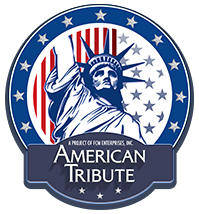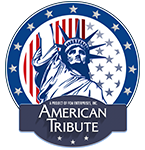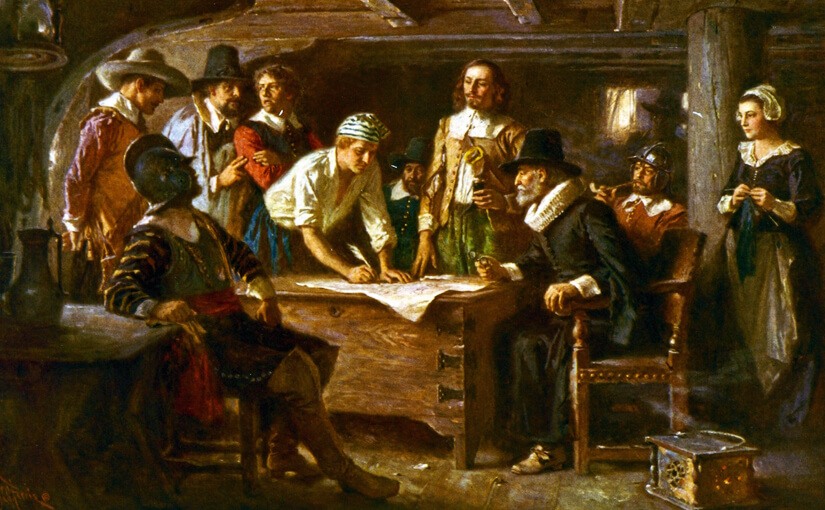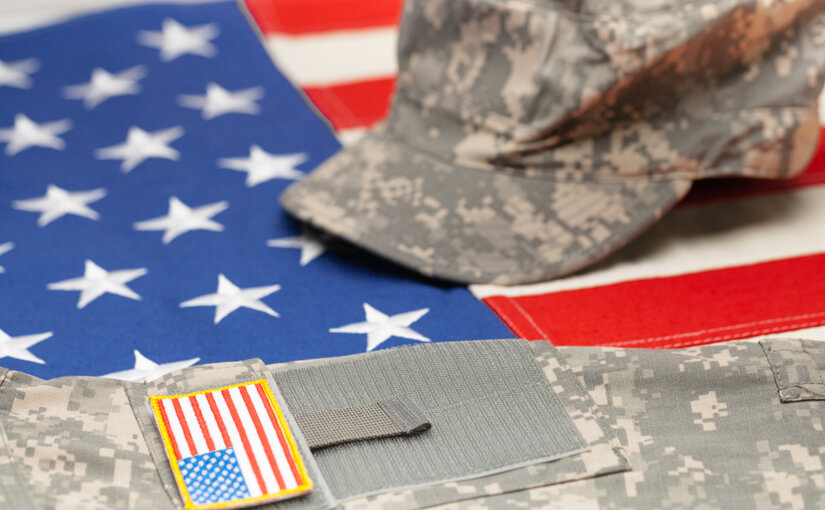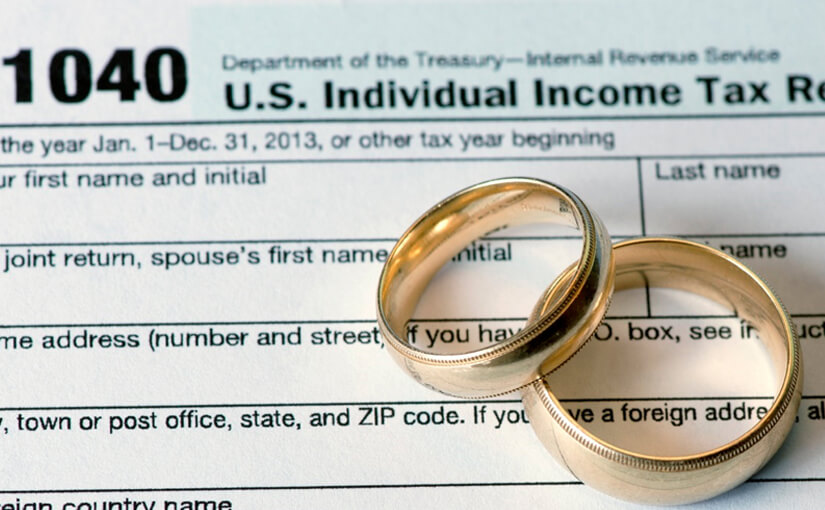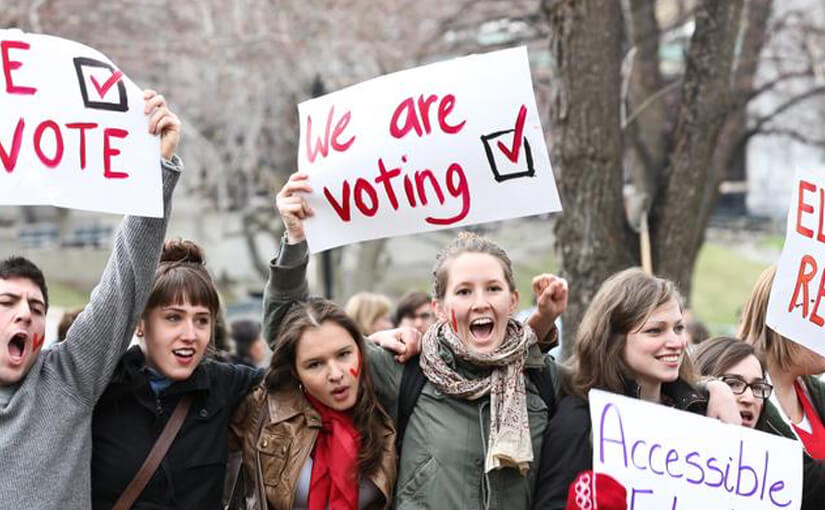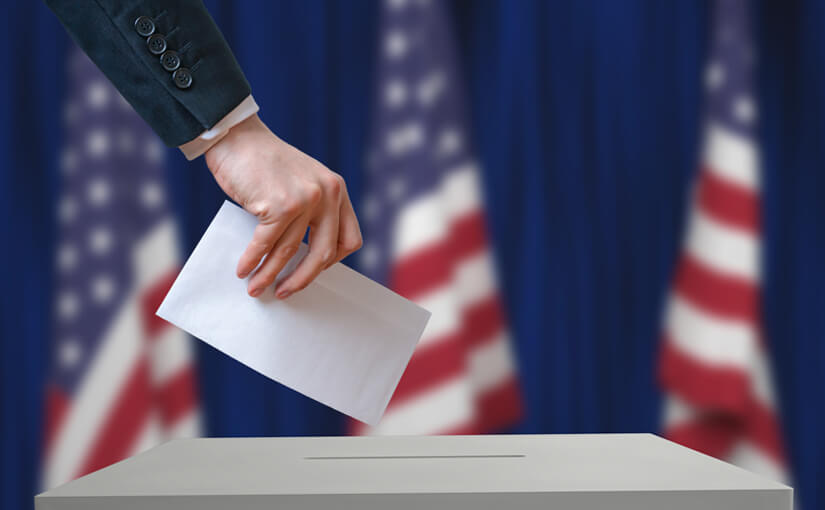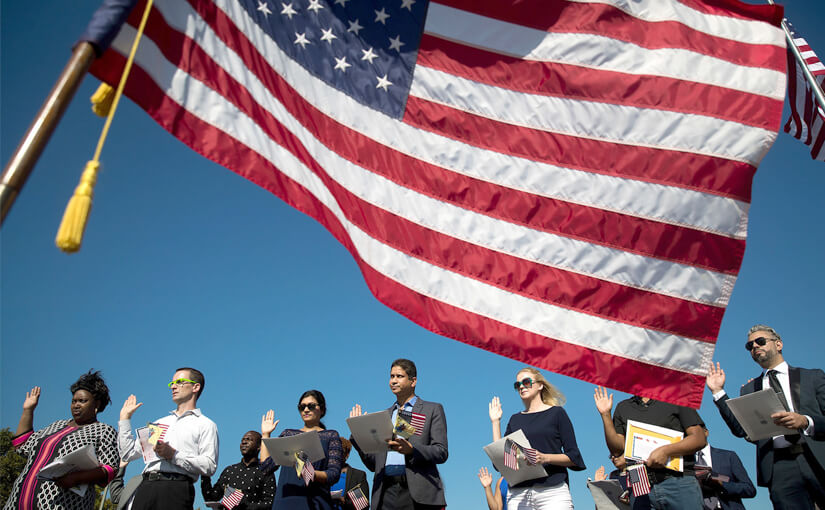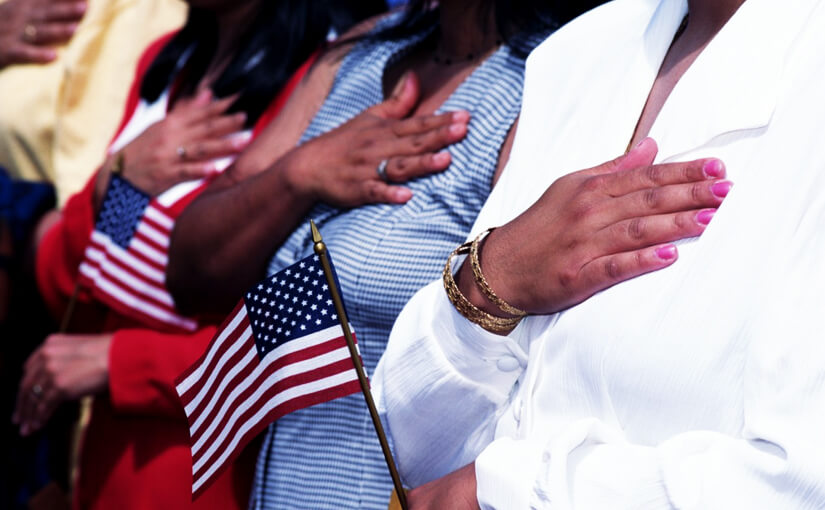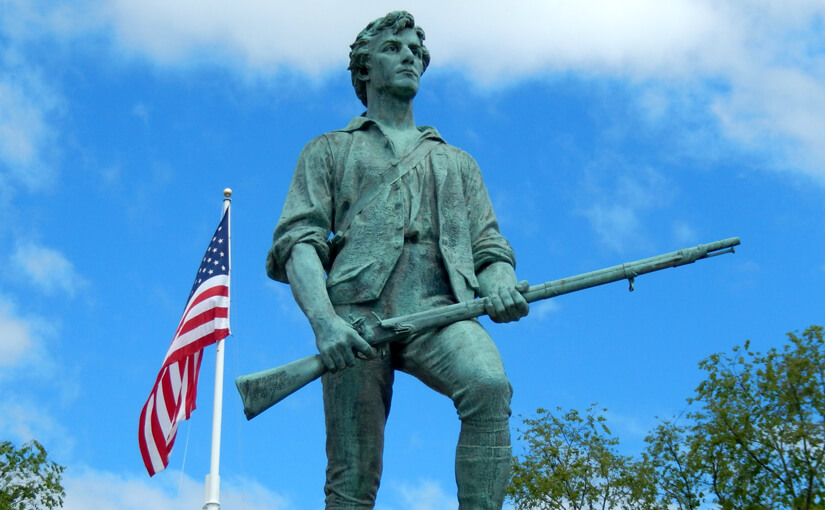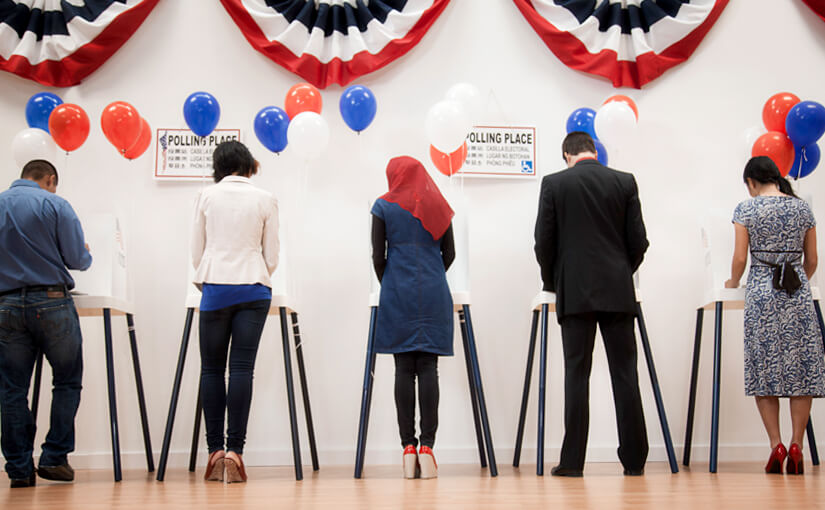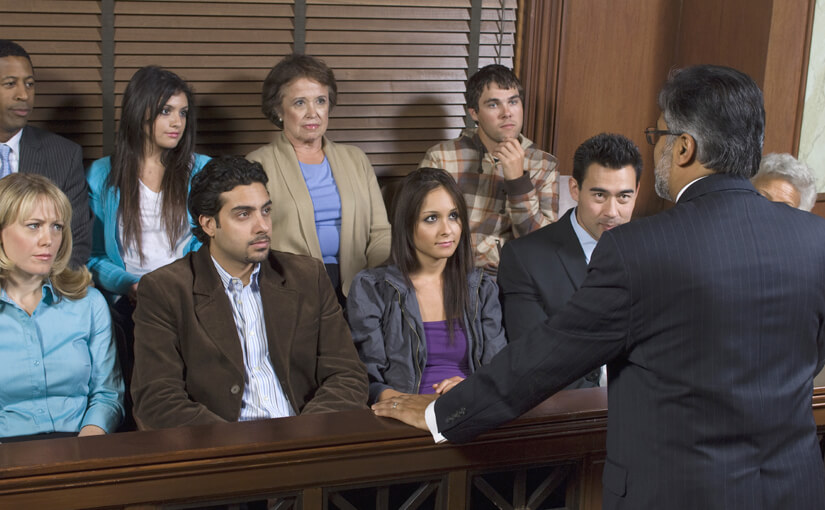- Freedom
- Political liberty
- Religious freedom
- Economic opportunity
- Practice their religion
- Escape persecution
In the 1600s and 1700s, colonists from England and other European countries sailed across the Atlantic Ocean to the American colonies. Some left Europe to escape religious restrictions or persecution, to practice their religion freely.
Many came for political freedom, and some came for economic opportunity. These freedoms and opportunities often did not exist in the colonists’ home countries.
For these settlers, the American colonies were a chance for freedom and a new life. Today, many people come to the United States for these same reasons.
** As you prepare for U.S. citizenship, Learn About the United States: Quick Civics Lessons will help you study for the civics and English portions of the naturalization interview.
There are 100 civics (history and government) questions on the naturalization test. During your naturalization interview, you will be asked up to 10 questions from the list of 100 questions. You must answer correctly six (6) of the 10 questions to pass the civics test.
